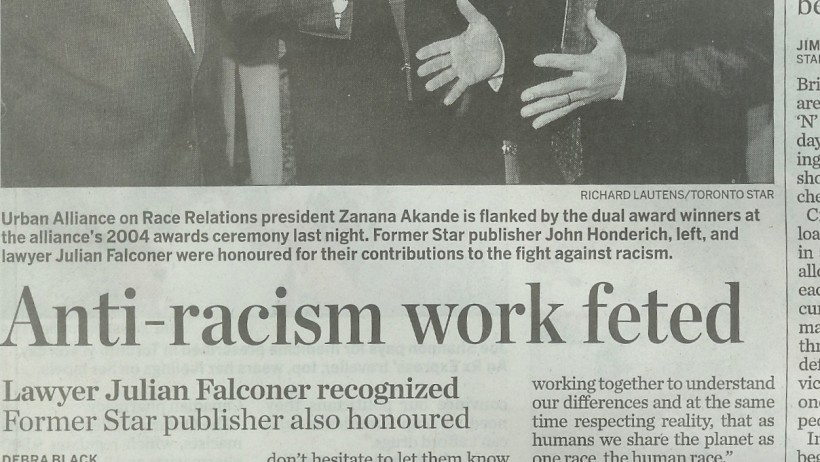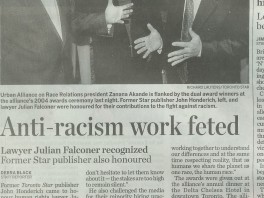
Booth v. Huxter: The Metropolitan Toronto Police Services Board (the “Board”), and five police officers who were present when one of their number shot and killed a citizen in the course of attempting to arrest him, were granted standing at an inquest into his death. The Board, the Chief of Police and the officers were all represented by the same counsel. After 20 months into the inquest, the coroner decided that the counsel was disqualified from representing the applicants because there was a conflict between the position of the Board and that of the applicants and that, accordingly, it would be an abuse of process to allow both positions to be presented by the same counsel.
The applicant filed an application for judicial review of the decision and sought a stay of the inquest pending the determination of the application. The coroner found that the counsel had a disqualifying conflict of interest, as the police officers took the position that no systemic issues arose out of the circumstances surrounding the citizen’s death, while the Board was entrusted with a public interest mandate to explore, expose and ultimately respond to any systemic issues arising out of the death. The court found that the coroner had jurisdiction to remove the lawyer as counsel for the Board under the Coroners Act, R.S.O. 1980, c. 93.
Julian Falconer of Falconers LLP acted for the Urban Alliance on Race Relations.
Related Documents
See also:
Black Action Defence Committee and Urban Alliance on Race Relations v. Huxter



